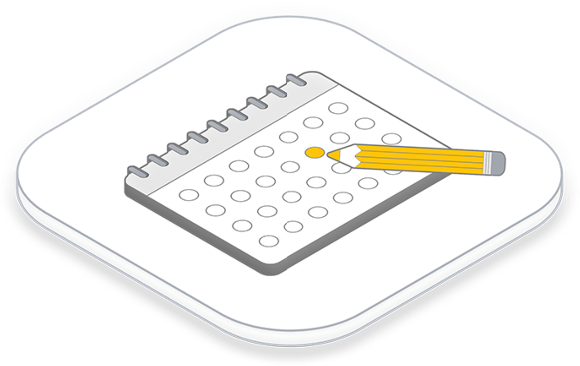The revolution eats its own children. This saying, based on a passage in Georg Büchner’s drama “Danton’s Death”, currently seems to apply to the world of technology. Since the emergence of ChatGPT, there has been a lot of discussion about whether, and if so, which professional groups might have to retrain. Even programmers, the spiritual fathers of generative AI, do not seem to be spared. But is this really true? Here we analyze what speaks for and against it.
Emad Mostaque, CEO of Stability AI, a London-based AI company, takes a critical view of the future of the programming industry. At the Goldman Sachs 2023 Disruptive Technology Symposium, he provocatively stated that programmers will no longer exist in five years’ time. This comment brings the ongoing debate about the impact of generative AI on the IT world to a head. Adam Hughes, an IT specialist, argues in another controversial contribution that within ten years, through five technological development phases, solutions such as ChatGPT could almost completely replace programmers.
There is certainly some evidence to support this thesis:
- OpenAI has openly stated that ChatGPT was developed with the aim of replacing software developers.
- A study by OpenAI in March suggests that programming jobs are at risk from voice-driven AI.
- Earlier this year, ChatGPT seemed so advanced that Google would have offered the AI a top job as a software developer.
With news like this, uncertainty is rising among developers. But will AI like ChatGPT really replace human developers? Expert opinions vary.
Optimistic views: More need for programmers in the future
Zachary Tatlock, a computer science professor at the University of Washington, believes that increased AI-based software production will increase the demand for software. He sees future software engineers in a role where they review machine-generated code instead of writing it themselves. Peter H. Diamandis, founder of the X-Prize Foundation, believes that such technologies could turn us all into programmers, with experts still having the greatest advantage. Experts from Meetanshi’s environment, such as its CEO, Sanjay Jethva, believe that ChatGPT will support the work of programmers, but not replace it. Lucjan Suski, CEO of Surfer, is of the same opinion and emphasizes the importance of innovation and creativity in problem solving.
The fact is that generative AI has made significant progress in various areas, including programming. As a result, it can now perform the following types of tasks:
Code autocomplete
One of the most well-known examples is code autocompletion. Modern AI systems can understand the context of what a developer is writing and make logical suggestions for the next line of code. These systems are becoming increasingly intelligent and can predict more complex code structures, leading to a significant increase in productivity.
Bug detection and correction
AI systems can be trained to recognize known error patterns in a code. This goes beyond simple syntactic errors and can extend to more complex logical errors. In some cases, these systems can also make suggestions for fixing these errors.
Code reviews
Generative AI can also assist with code reviews by performing standardized checks and potentially highlighting problem areas or suggestions for improvement. This helps to reduce the burden on human reviewers, especially when reviewing boilerplate code or recurring patterns.
Generating code from natural language
There are already tools that aim to convert users’ descriptions in natural language into working code. These systems vary in complexity, but some are already able to create simple functions and algorithms based on the user’s instructions.
Optimization of code
AI systems can be used to analyze the code for possible performance improvements and make recommendations for refactoring or using more efficient algorithms.
Testing and quality assurance
AI can help automate software testing by generating test cases and running them against new versions of code to ensure that changes don’t break existing features.
While all these applications are impressive, we should remember that generative AI plays the role of a co-pilot in programming, not a replacement for human developers. Complex decision making, creative problem solving and the development of new algorithms still require human expertise and intuition. However, AI tools can increase productivity and automate repetitive or low-level aspects of software development.
Career tip: focus on skills that AI does not possess
Many IT specialists therefore advise focusing on skills that AI cannot replicate. The challenge for programmers is therefore to get to grips with new technology and focus on the aspects that AI cannot take on.
We have been developing customized code for our customers for many years. We use all innovative solutions, including generative AI. Contact us and find out how your company can benefit from these approaches.
About the author



Comments